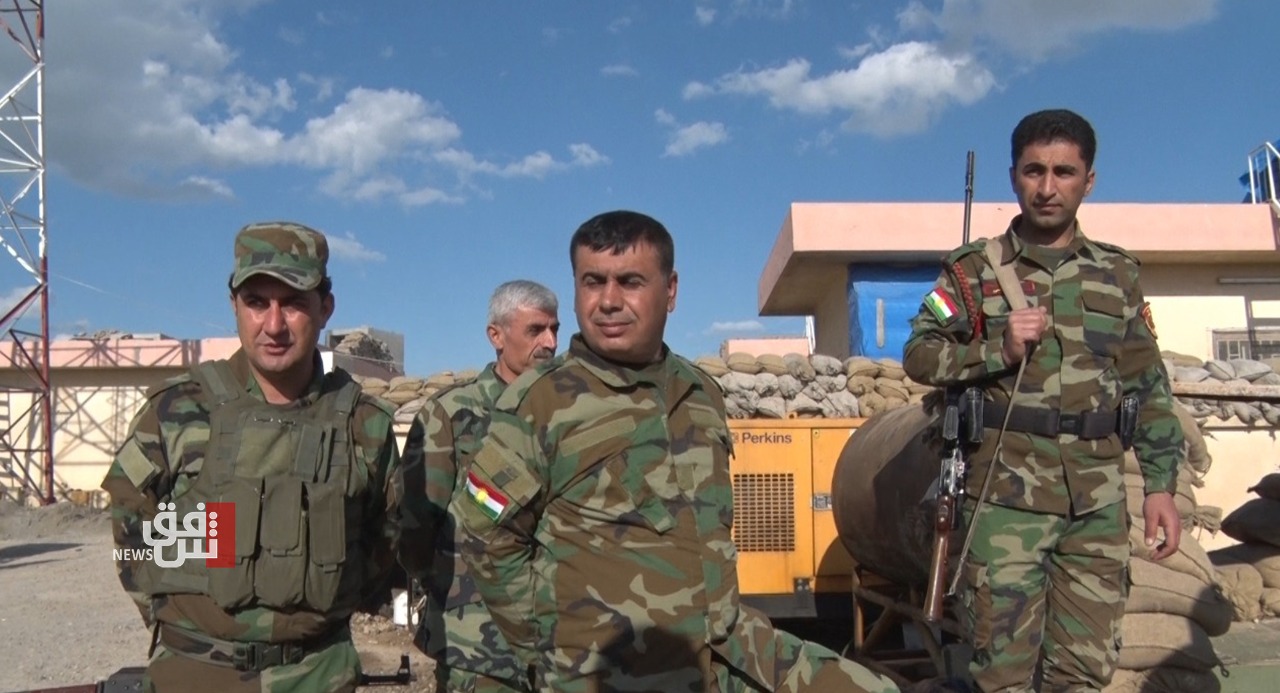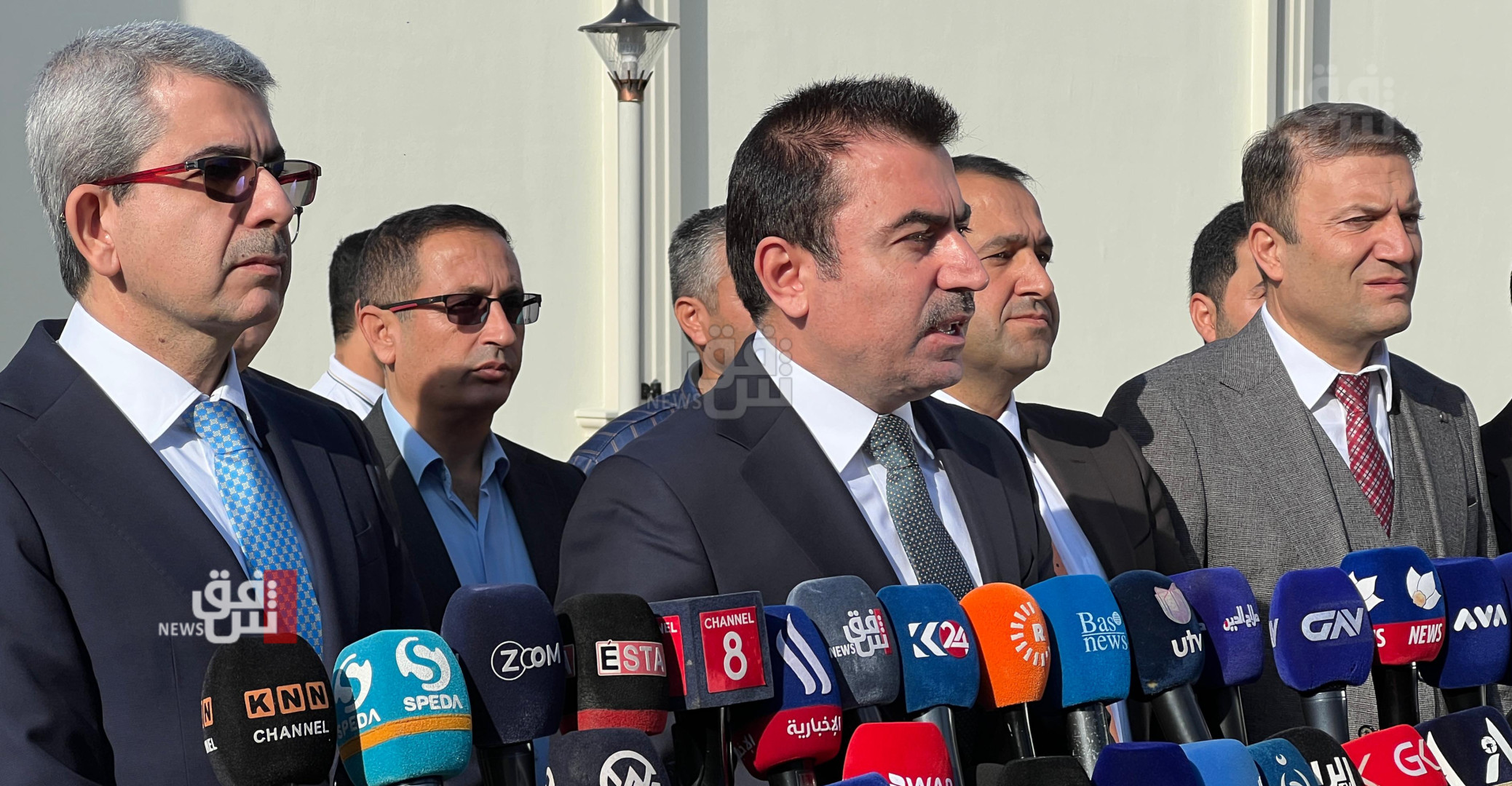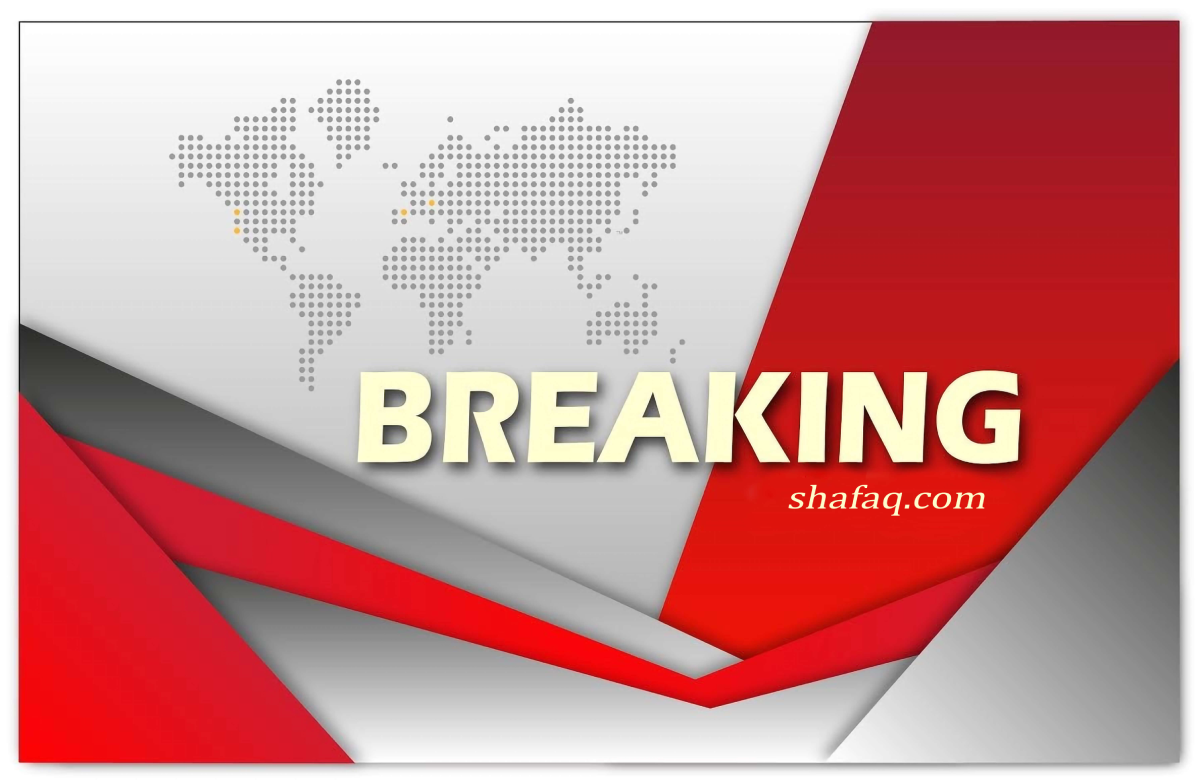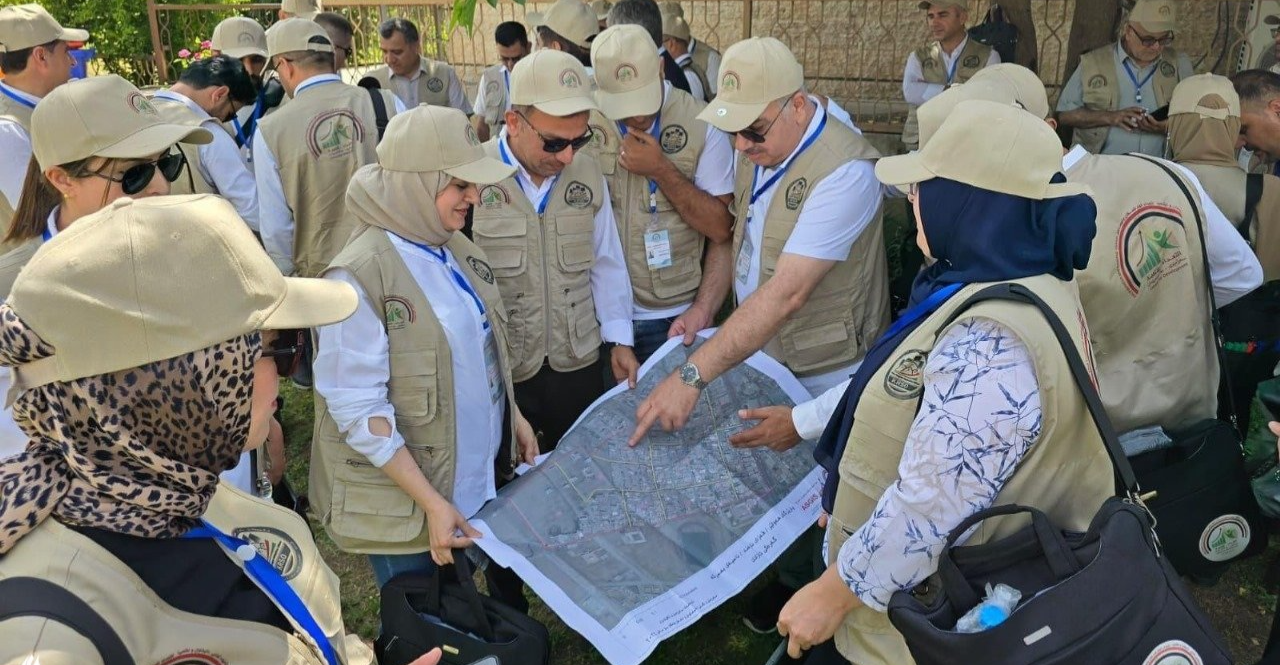Official: ongoing negotiations delay restart of Kurdistan-Turkiye oil pipeline
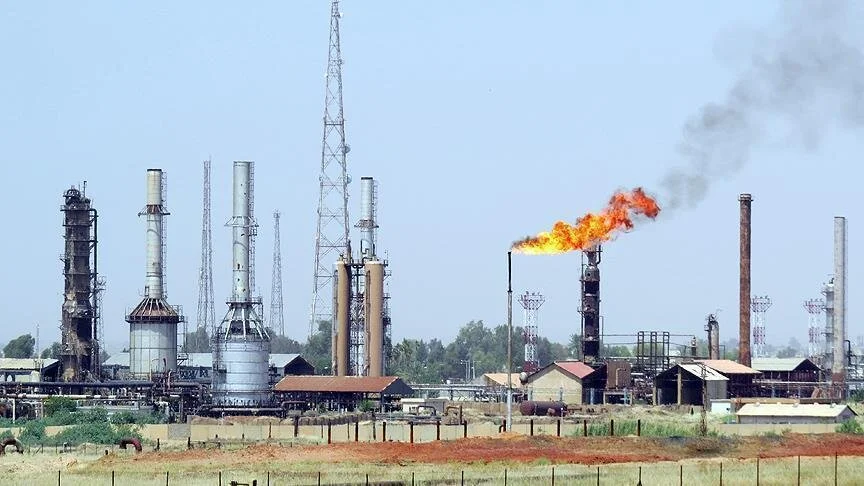
Shafaq News/ Iraqi government official indicated that the resumption of oil exports from Kurdistan to Turiye via the closed pipeline, inactive for more than a year, faces extended delays as negotiations persist with the Kurdish government and oil producers.
Basim Al-Awadi, the spokesperson for the Iraqi government, said in a press release that ongoing discussions between companies and the Iraqi Oil Ministry are anticipated to be protracted.
"This is because Baghdad aims to establish a direct rapport encompassing production volumes, export procedures, and pricing mechanisms.: Al-Awadi clarified, adding that there is no definite timeline for the conclusion of negotiations with foreign oil entities operating in Iraqi Kurdistan.
Iraq, particularly the Kurdistan Region of Iraq (KRI), has emerged as a crucial partner for Turkiye, particularly in oil and gas reserves. However, tensions escalated in March 2022 when Turkiye halted oil exports amounting to 450,000 bpd from Kurdistan following a compensation order by the International Chamber of Commerce related to "unauthorized" oil exports by the KRG between 2014 and 2018.
The crux of the dispute revolves around accusations that Turkiye breached a 50-year-old pipeline transit agreement by allowing oil exports from KRG-controlled areas without Iraq's consent.
Baghdad contends that Ankara and the Turkish state energy company BOTAS violated the terms of a 1973 Iraq-Turkiye pipeline agreement by handling oil from Kurdistan without official approval.
Iraq asserts that only the state-owned marketer SOMO has the authority to manage crude exports via Ceyhan.
While most of Iraq's crude exports pass through southern ports, the northern route via Turkiye still contributes around 0.5% of the global oil supply.
The halt in exports contributed to the oil barrel to reach 80$ at that time.
During a visit to Erbil in November 2023, Iraqi oil minister Hayan Abdel-Ghani expressed optimism about reaching an agreement with the KRG and foreign oil companies to resume oil production from Kurdish oilfields.
Despite Turkiye's prior announcement that the pipeline was ready to operate, Iraq maintained that it had yet to receive official notification and highlighted unresolved financial and technical issues.
However, recent discussions between the Iraqi PM Mohammed Shia Al-Sudani and U.S. President Joe Biden emphasized the importance of ensuring Iraqi oil reaches international markets, signaling a renewed effort to reopen the pipeline between Iraq and Turkiye.
In response, the Association of the Petroleum Industry of Kurdistan (APIKUR) expressed readiness to engage in discussions with Iraqi and KRG officials to resume oil exports, stressing the need for guarantees regarding financial obligations per existing agreements.

